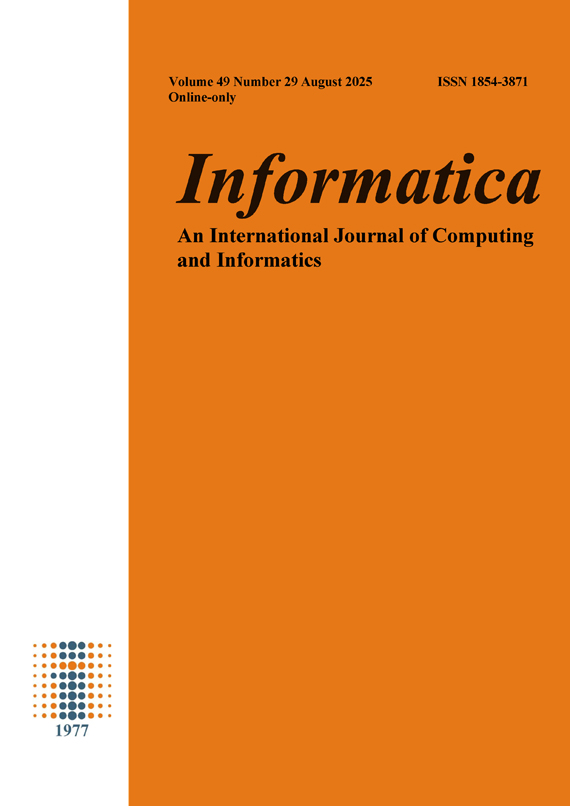Cost Estimation of the Entire Construction Process based on BAS Optimized CNN
Abstract
In order to cope with the non-linear characteristics of construction project cost related data, capture the regularity between various influencing factors in the entire process of construction project cost, ensure the stability and accuracy of cost estimation, and improve the intelligent cost management and control in the construction field, this study proposes a construction project full process cost estimation method based on beetle antennae search algorithm optimized CNN. Firstly, analyze the factors affecting the overall cost of construction projects and construct an indicator system for these factors. Then, collect relevant data from the indicator system and normalize it, using the processed indicator data as input information for the convolutional neural network. Finally, the BAS algorithm is introduced to determine the optimal number of convolutional layers through iterative optimization, further enhancing the model's ability to capture nonlinear relationships between influencing factors and achieving more accurate cost estimation throughout the entire engineering process. The experiment collected data on M construction projects and real-time market price information of building materials from the Eurostat Construction Cost Index dataset. The expected cost, cost savings rate, and cost risk index were selected as comparison indicators, and the method was compared with reinforcement learning, decision tree modeling, and random forest method. Through experiments, it is known that this method can adaptively iteratively optimize the optimal number of convolutional layers, and the stability of cost estimation is good. In terms of estimated costs, the estimation results of the three comparison methods all exceeded the estimated upper limit set by the experiment, while the estimation result of this method did not exceed the limit; In terms of cost savings, the average cost savings rate of this method is 24.5%-25.1%, significantly higher than reinforcement learning (16.8%-18.5%), decision trees (14.7%-16.1%), and random forests (18.9%-20.4%); In terms of cost risk index, the average risk index of this method remains stable at 0.03-0.05, far lower than reinforcement learning (0.11-0.14), decision trees (0.17-0.21), and random forests (0.13-0.16). Experiments have shown that this method can improve cost savings in engineering projects and promote the development of intelligent cost management in the construction industry.DOI:
https://doi.org/10.31449/inf.v49i29.8381Downloads
Published
How to Cite
Issue
Section
License
Authors retain copyright in their work. By submitting to and publishing with Informatica, authors grant the publisher (Slovene Society Informatika) the non-exclusive right to publish, reproduce, and distribute the article and to identify itself as the original publisher.
All articles are published under the Creative Commons Attribution license CC BY 3.0. Under this license, others may share and adapt the work for any purpose, provided appropriate credit is given and changes (if any) are indicated.
Authors may deposit and share the submitted version, accepted manuscript, and published version, provided the original publication in Informatica is properly cited.









